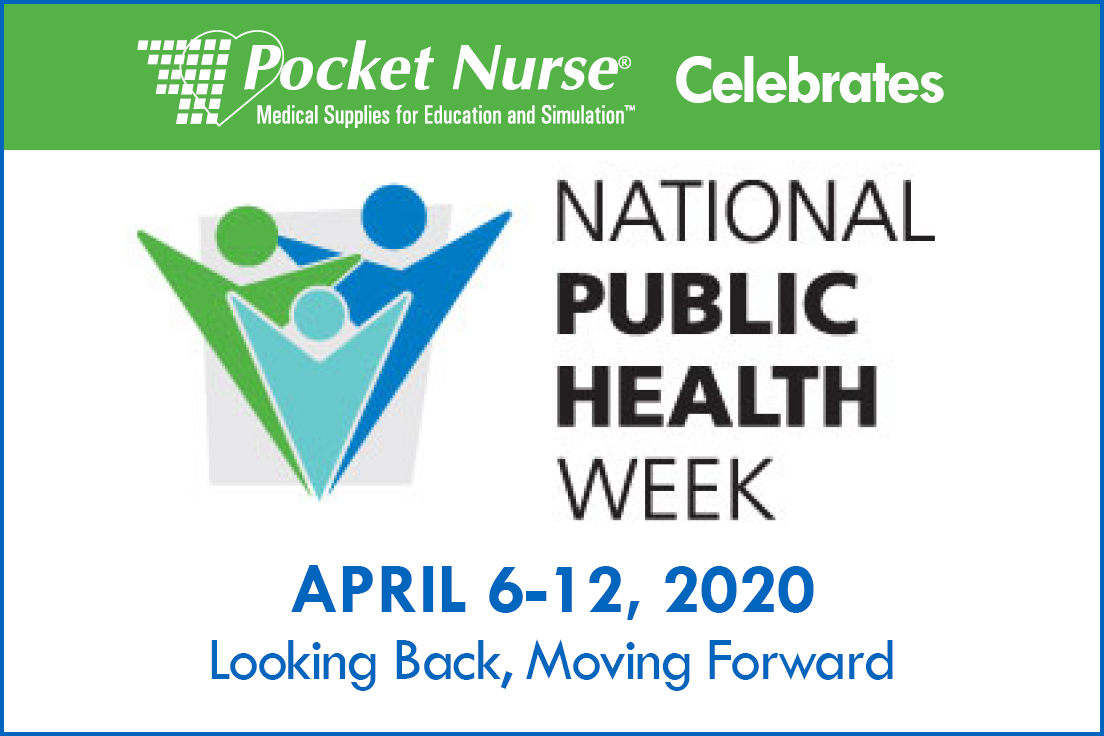
It is the 25th anniversary of National Public Health Week (NPHW), which was created by the American Public Health Association. This year, NPHW (and World Health Day) both take place in the midst of the COVID-19 pandemic. Public health is a vital cornerstone for people in every community to live long and healthy lives in safe environments.
Each year, NPHW explores specific topics on each day. This year, they are especially interested in incorporating information about coronavirus into action to keep communities safe.
Read 6 Daily Practices to Teach for Immune Support
The themes for NPHW are the following, Monday through Sunday. This week is a perfect time for healthcare educators to dive into the benefits of promoting public health.
- Mental Health – Advocate for and promote emotional and mental well-being
- Maternal and Child Health – Ensure the health of mothers and babies throughout their lifespans
- Violence Prevention – Focus on improving health by reducing personal and community violence
- Environmental Health – Protect and maintain a healthy planet
- Education – Advocate for quality, science-based education and equality across schools
- Healthy Homes – Ensure access to affordable and safe housing
- Economics – Economic empowerment is key to a healthy life
Education at this time continues to be a new landscape to navigate. Most schools have had to move classes online, and simulation education is moving into the virtual realm.
Because distance learning is necessary, schools from kindergarten through college need access to technology and high-speed internet. While older children may find working with technology a smooth transition, younger children may struggle with the basics. In addition, children may be confused and anxious about what distance education entails, and may miss their friends. Parents and educators will be key communicators. Some tips from the Centers for Disease Control and Prevention include:
- Remain calm and reassuring. Children will take their cues from the way you talk and behave. It’s okay for adults to be anxious at this time as well, but try to find a space away from children to express fears.
- Make yourself available to listen. Take some time over dinner or maybe at bedtime to listen to concerns.
- Avoid language that places blame or stigma.
- Deliver accurate and honest information. It’s best to pay attention to health officials for the most accurate and up-to-day information, rather than news from social media sources.
- Teach children ways to prevent the spread of germs.
As the NPHW points out on its site, “The COVID-19 pandemic means public health is the topic of the day worldwide.” It will be an opportunity for healthcare educators, professionals, and supporting businesses to support their communities by keeping the conversation going.
Sources:
http://www.nphw.org/nphw-2020/covid-19
https://www.cdc.gov/coronavirus/2019-ncov/daily-life-coping/talking-with-children.html








